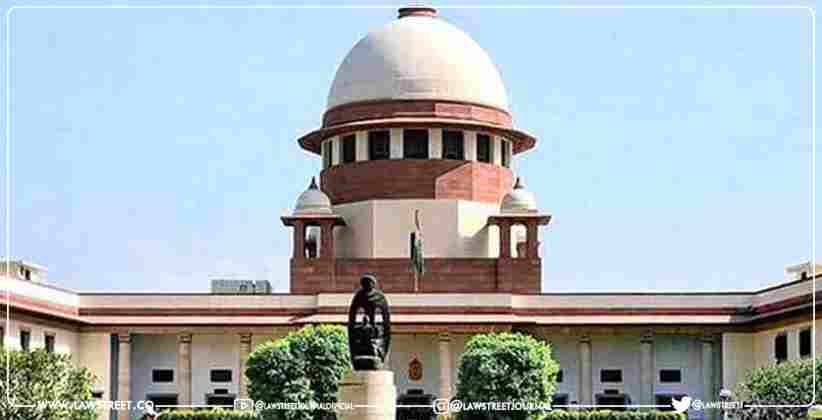It was noted by the Court that the government authority is not bound to accept the highest bid in an auction and the acceptance of highest bid is always subject to conditions governing the public auction.
Recently, the Supreme Court reiterated that the highest bidder in an auction does not have any legal and equitable right to claim the auctioned property unless the same is approved by the State government or any other authority [Municipal Committee, Barwala, District Hissar, Haryana Through its Secretary/President v. Jai Narayan and Company and Another].
A Division Bench consisting of Justice Hemant Gupta and Justice V Ramasubramanian was hearing an appeal impugning the order of the Punjab and Haryana High Court which had affirmed claim of the title and possession of the respondent on an auctioned property of which he was the highest bidder.
The Sub-Divisional Officer auctioned the property, Hisar in which the respondent was the highest bidder and who later on claimed that he is a bonafide purchaser and was in the possession as owner of the suit land.
The Appellant-Municipal Committee had passed a resolution in order to get the sale deed of the auctioned property executed and registered, but the same was not executed.
The Appellant argued that the possession of the respondent was said to be an illegal possession because the same was not approved by the State government. It was argued by the appellant-committee the mere fact that the plaintiff was the highest bidder would not confer any equitable and legal right to him and it shall be only after the confirmation of sale and the letter accepting the bid is issued that the respondent could claim any enforceable right.
Furthermore, it was argued by the appellant that the approval of sale of the property by public auction itself does not amount to confirmation of the auction and therefore, in the absence of confirmation of sale by the State, the respondent cannot get any right over the property.
However, it was argued by the respondent that once he has been found to be the highest bidder and the sale has been confirmed by the Deputy Commissioner, he can rightfully claim his title and possession on the said property.
In this regard, the respondent relied upon an inter-departmental communication to solidify his contention of claim of the property, wherein the Deputy Commissioner had sought the government's response to affirm the sale deed.
It was held by the Supreme Court that the courts below had committed an error in ruling in favour of the respondent.
It was the Courts view that the communication relied upon by the appellant was not the communication by the Deputy Commissioner to the Municipality or to the plaintiff that the sale stands confirmed. Instead, it was an inter-departmental communication with no endorsement of the copy of the said communication to the plaintiff. Thus, the Court noted that in the absence of any approval granted, no right would accrue.
In this scenario, the Supreme Court relied on the decision in Bachhittar Singh v. State of Punjab (1963), where it was held that the inter-departmental communication and the notings on the file are not the decisions of the State.
Also, the Bench relied on its recent decision in State of Punjab and Others v. Mehar Din (2022), where it was observed that the government authority is not bound to accept the highest bid in an auction and the acceptance of highest bid is always subject to conditions of holding public auction.
In light of the above, it was noted by the Court that the letter-communication seeking approval of the State government by the Deputy Commissioner was not the approval granted by him, which could be enforced by the respondent in the court of law.
As a result, the Court has set aside the order of the High Court and declared that the respondent to be in illegal possession of the property. It was further directed that the possession of the property to be given to the appellant-committee.
The Advocate on Record Sanjay Jain, Advocates Praveen Kumar Aggarwal and Abhishek Grover appeared on behalf of the appellant.
The Advocate on Record Devendra Singh, Advocates Sanchar Anand, Anant K Vatsya, Vartika Gupta, Shiv Kumar, Vivek Mishra, Sameer Singh and Vijay Kumar Singh appeared on behalf of the respondents.






